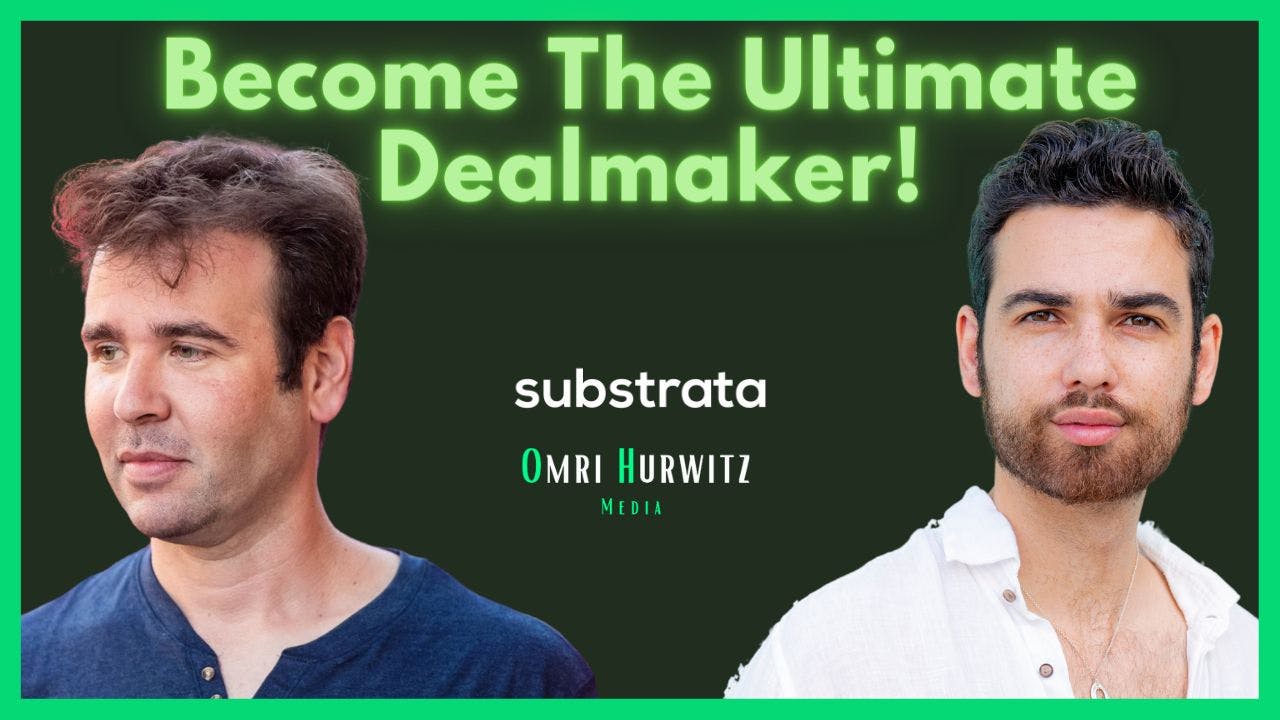4,678 reads
Substrata CEO Talks About the Subtle Art Of Dealmaking
by
October 5th, 2022
Audio Presented by

Tech Marketer and Media Strategist. Writes for; Entrepreneur, Yahoo, Forbes, and others.
Story's Credibility

About Author
Tech Marketer and Media Strategist. Writes for; Entrepreneur, Yahoo, Forbes, and others.
